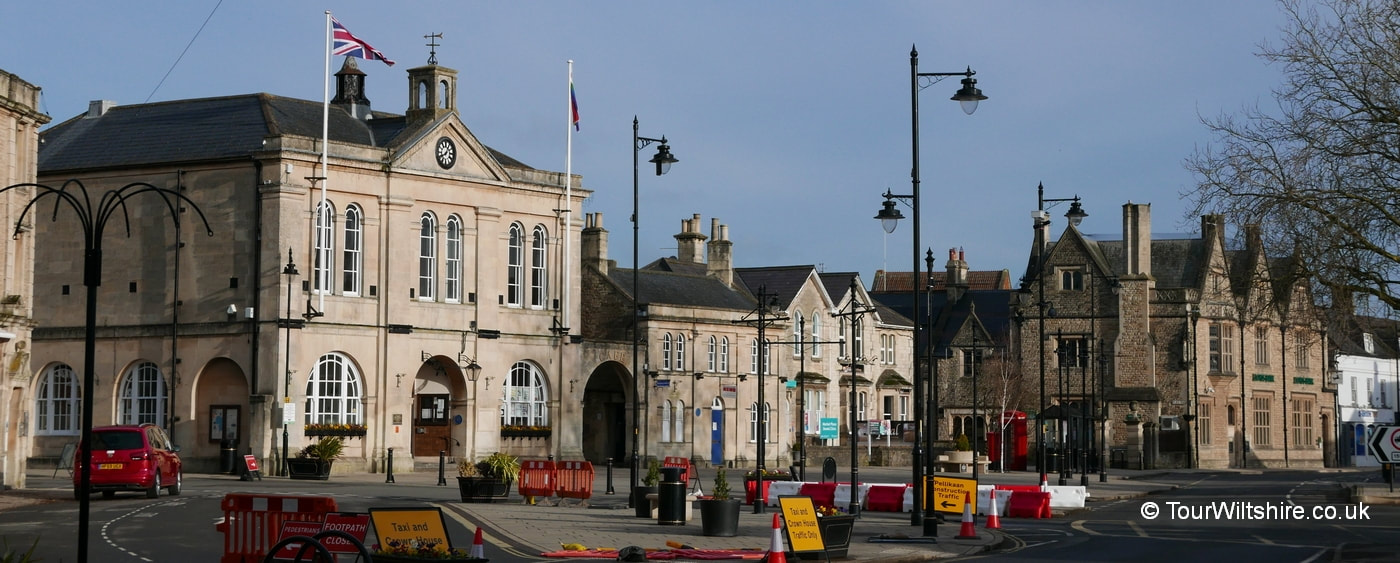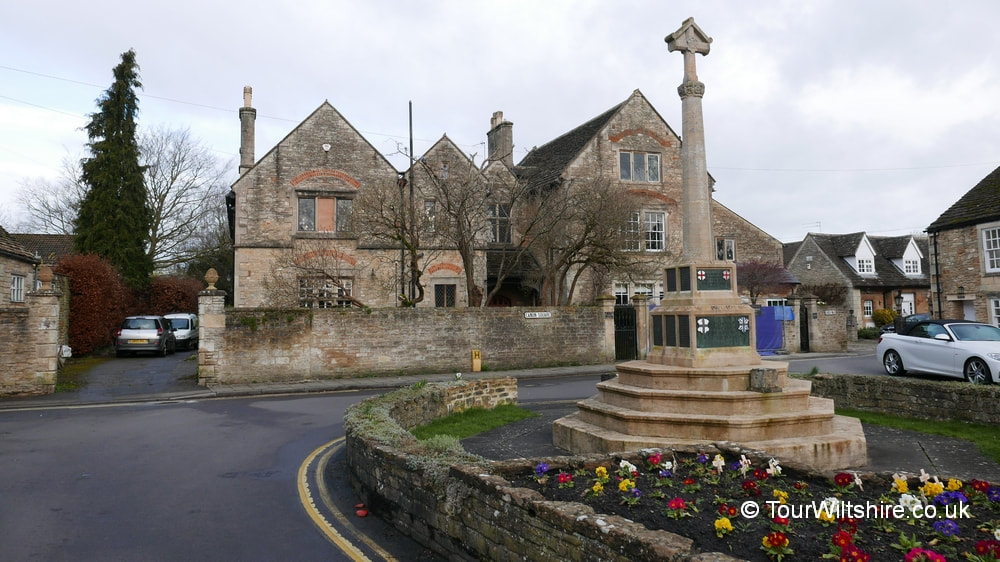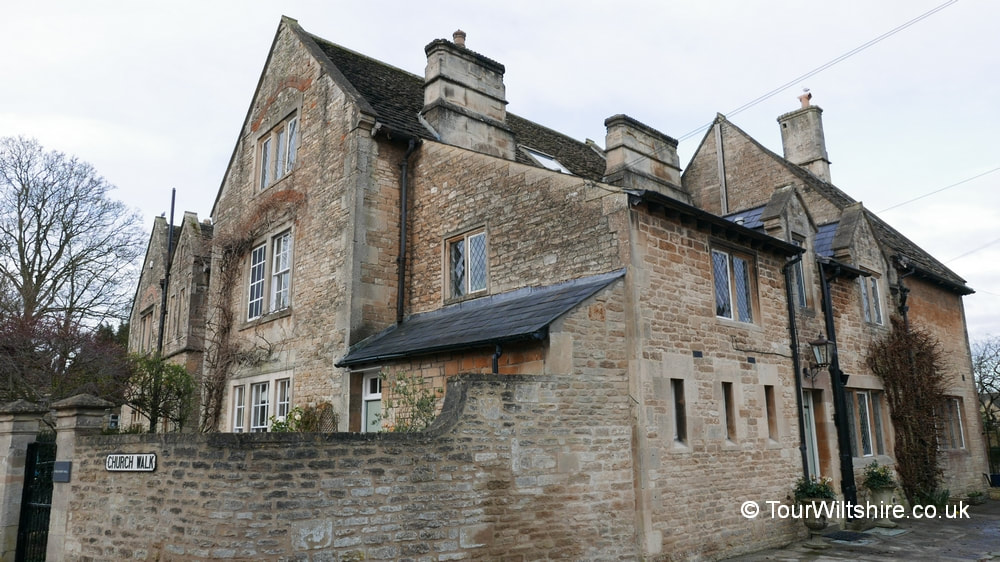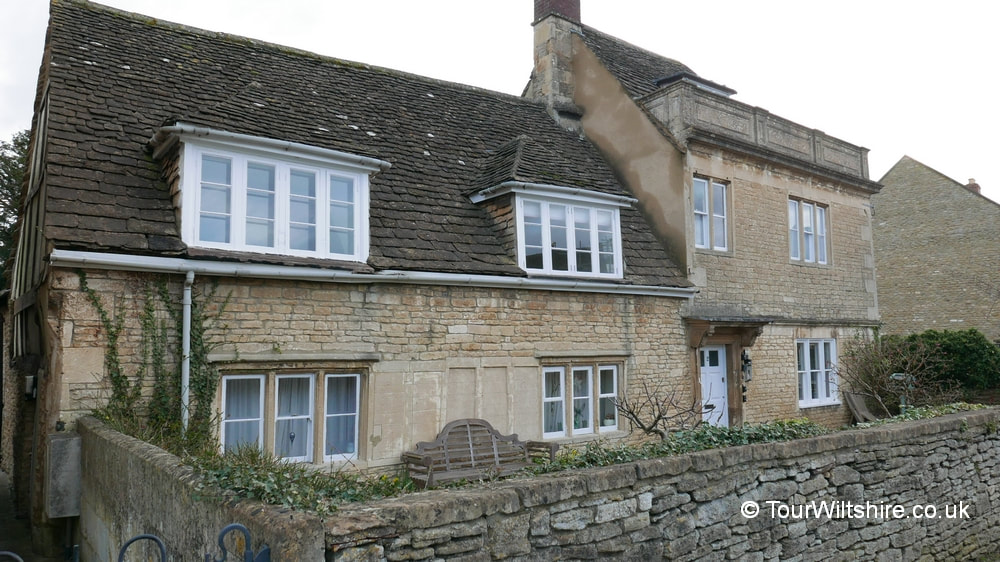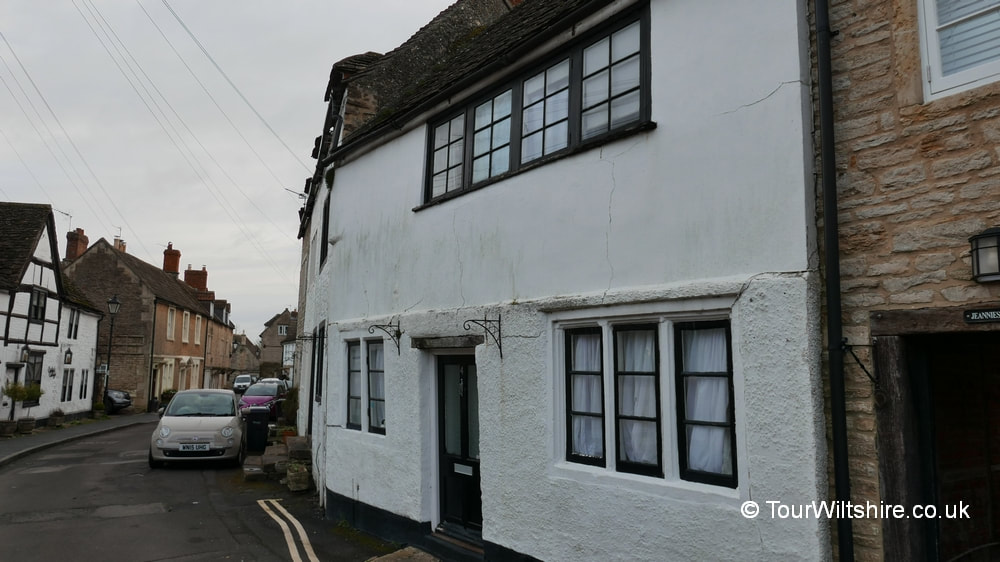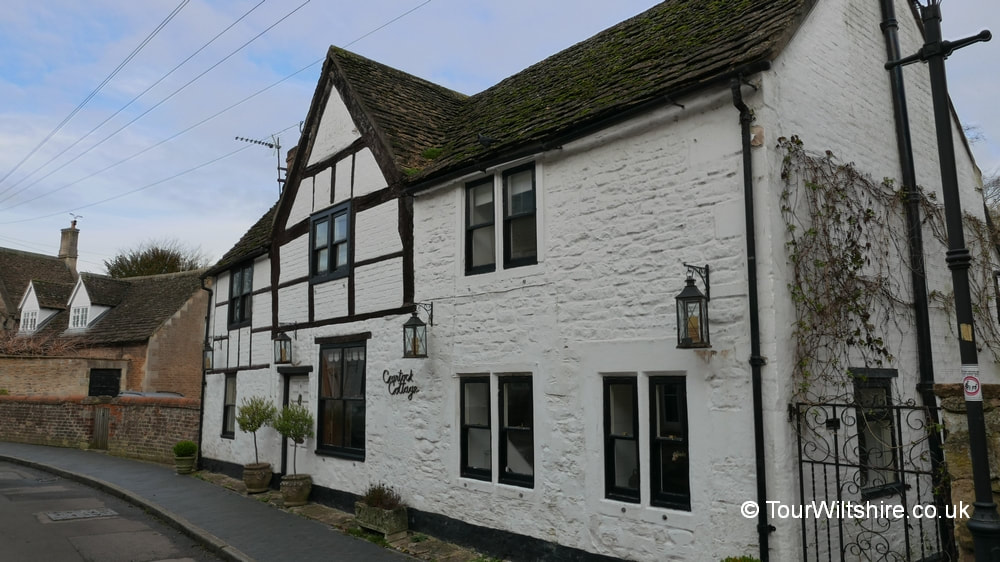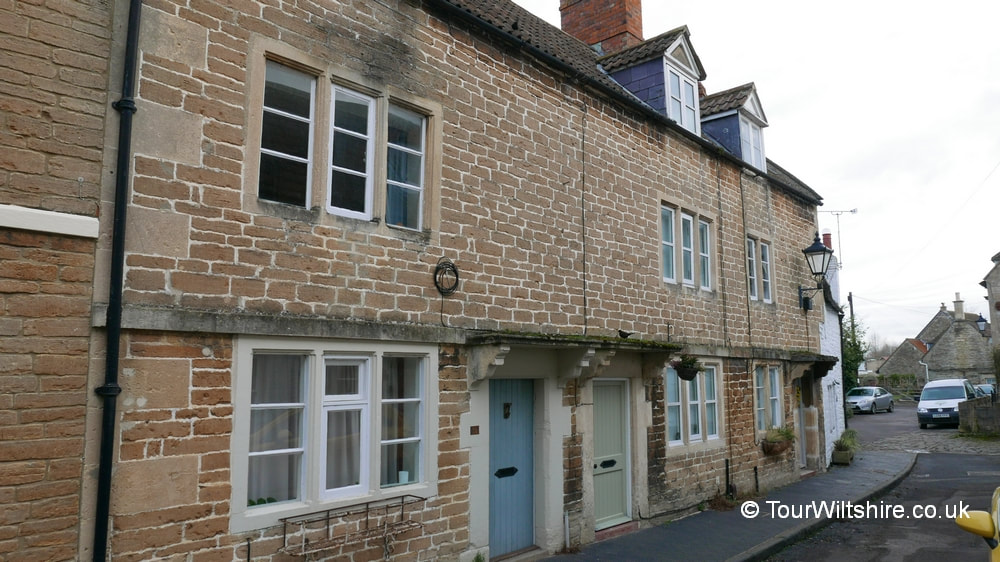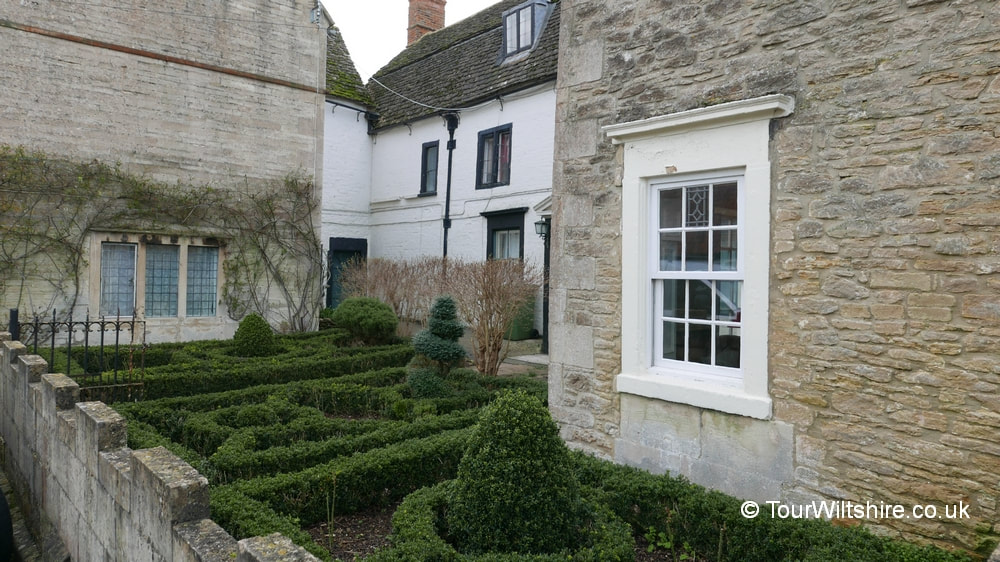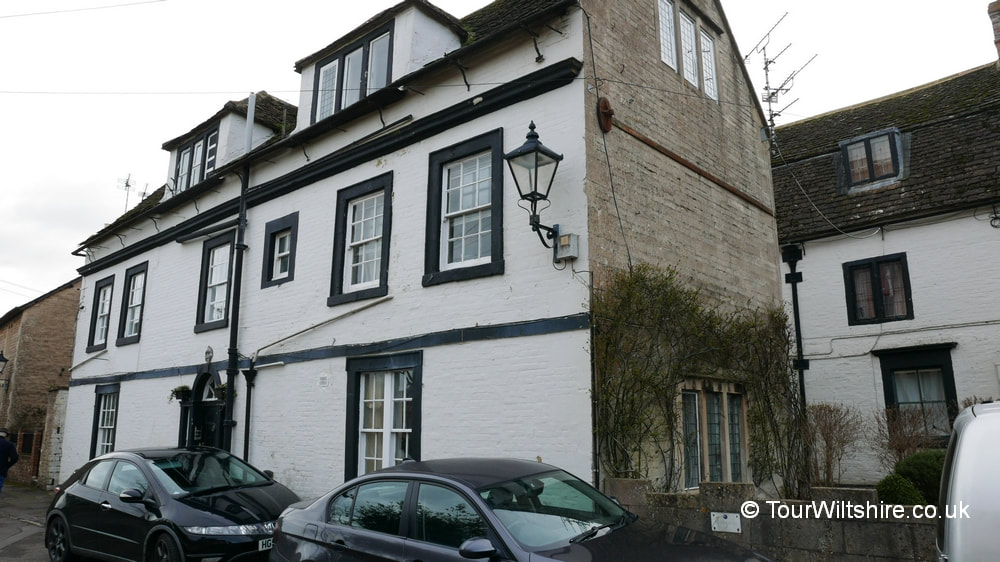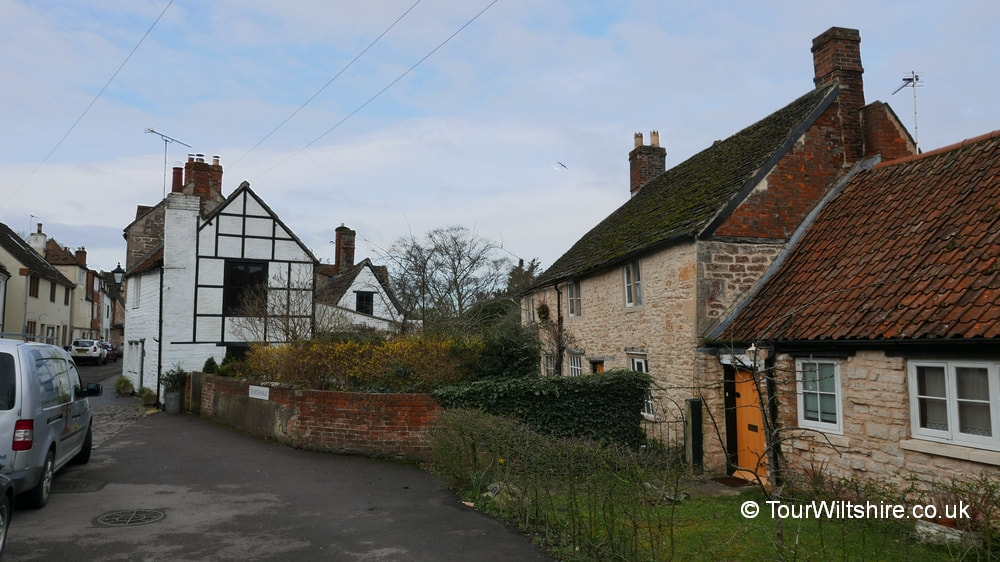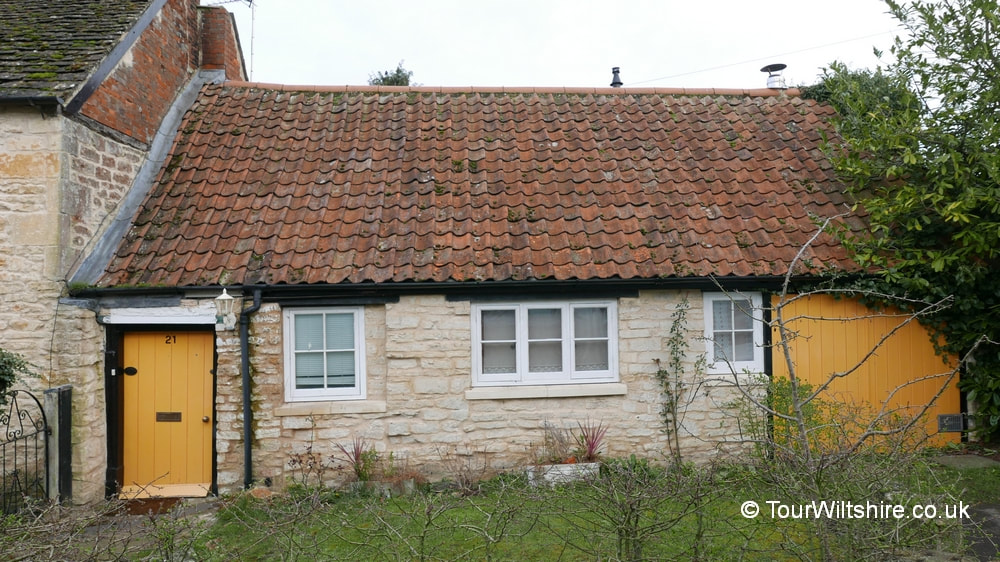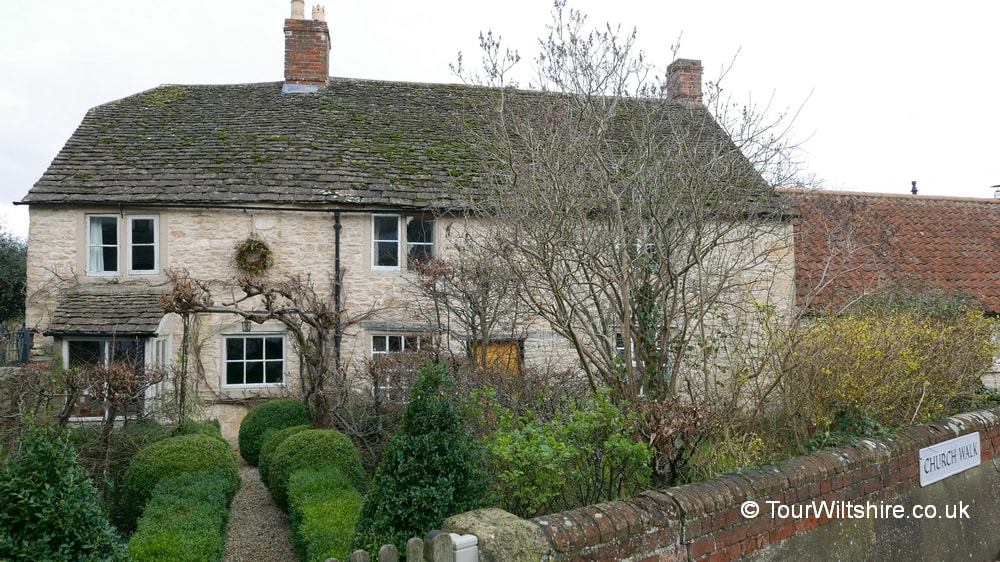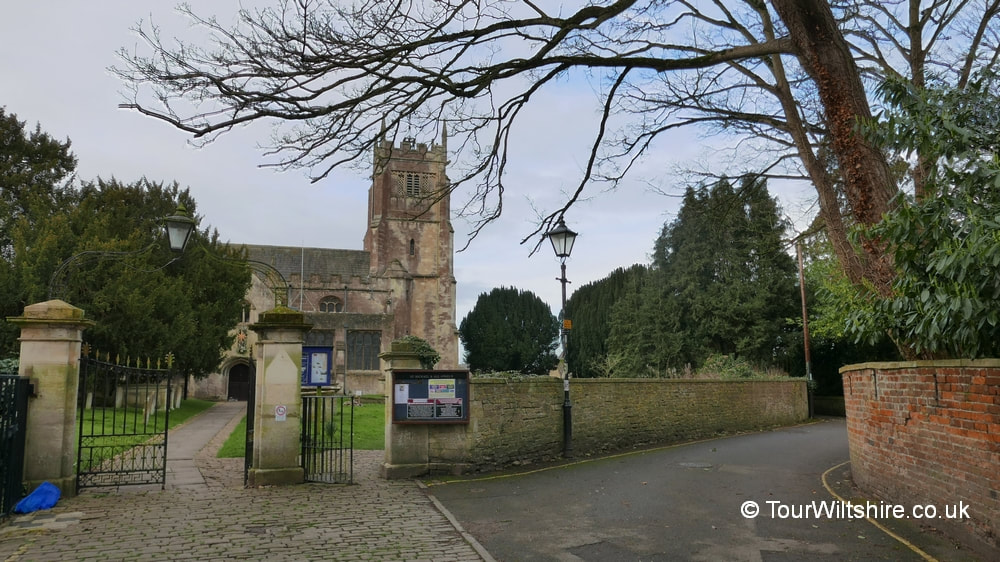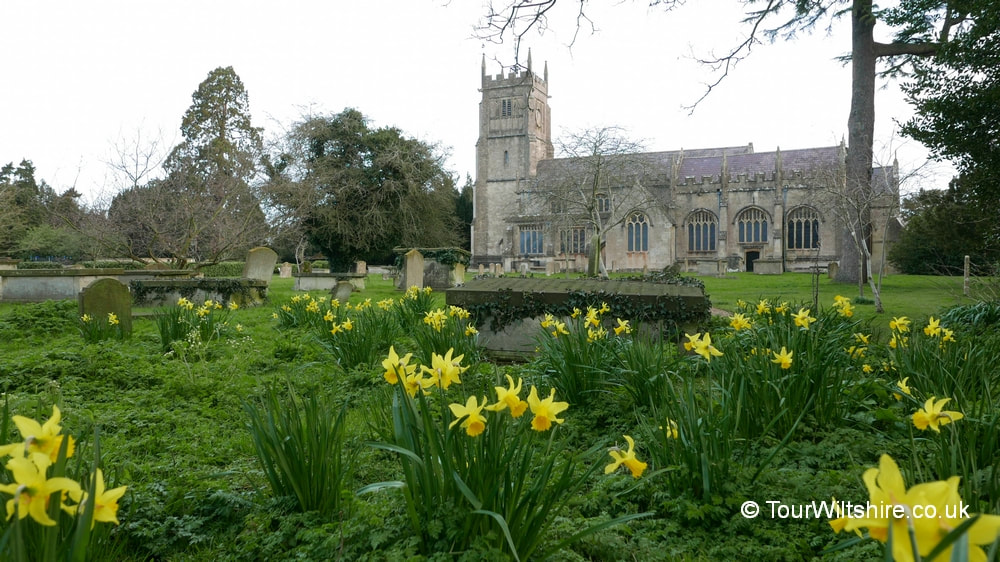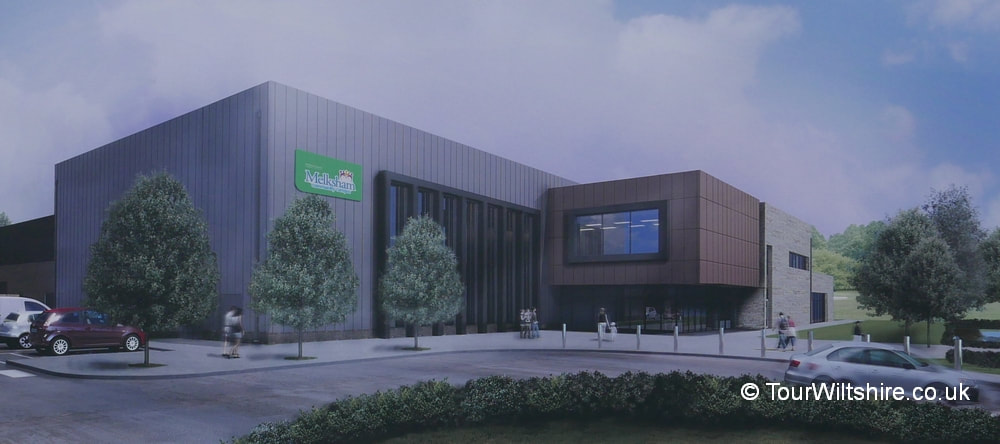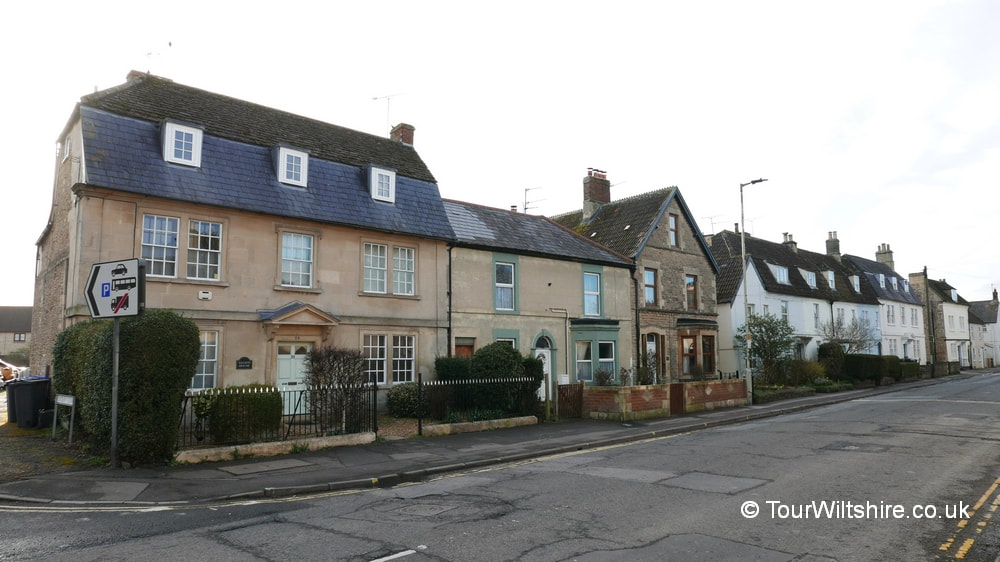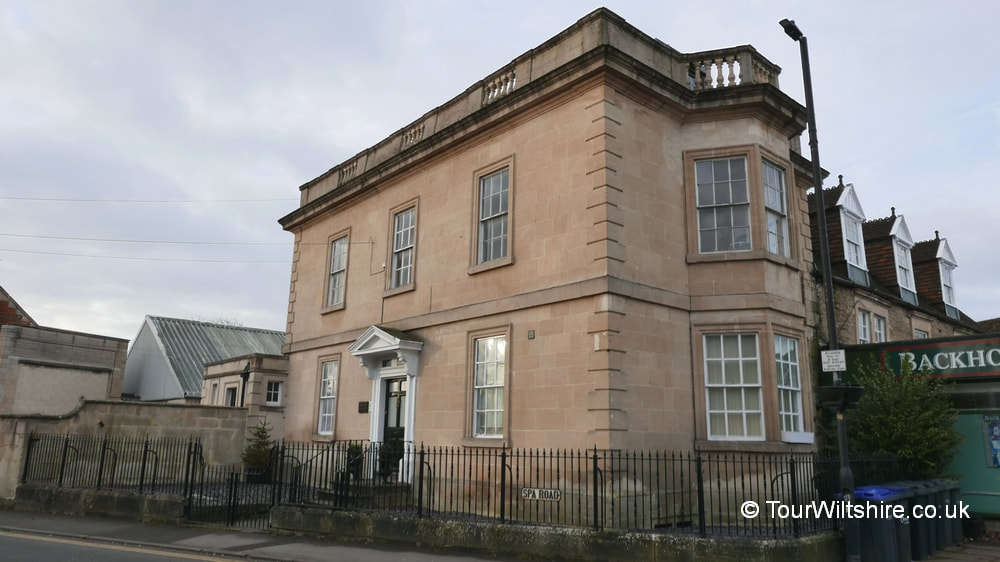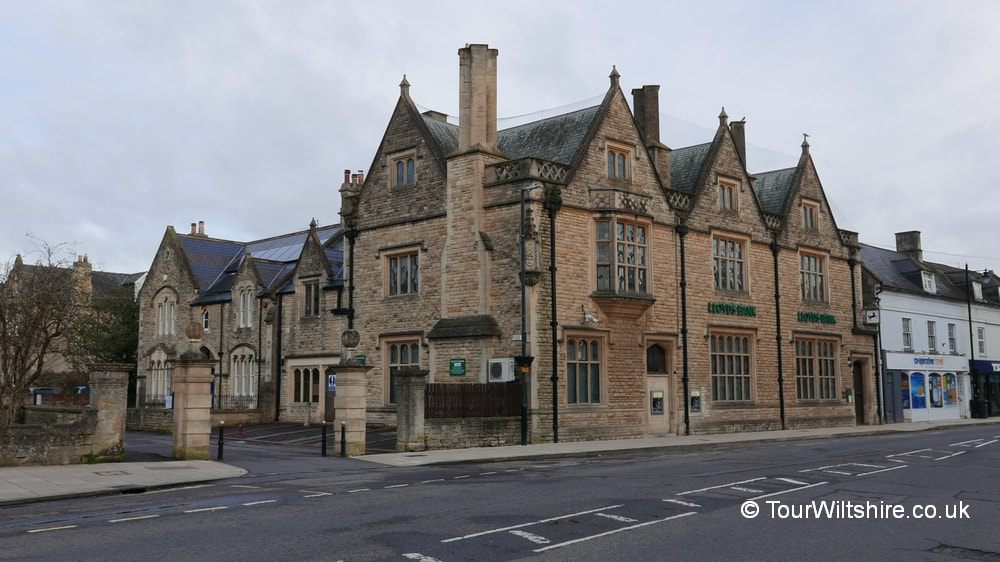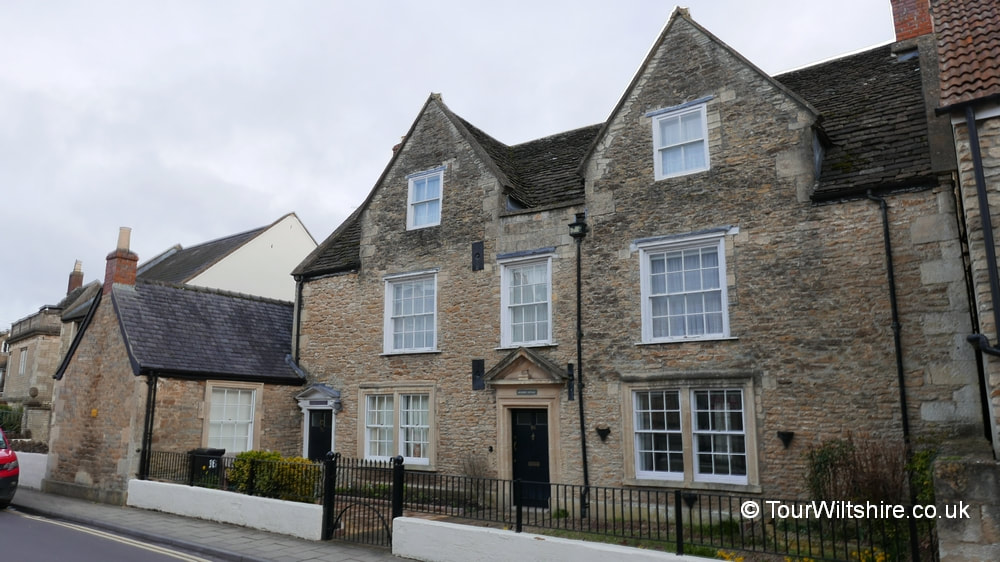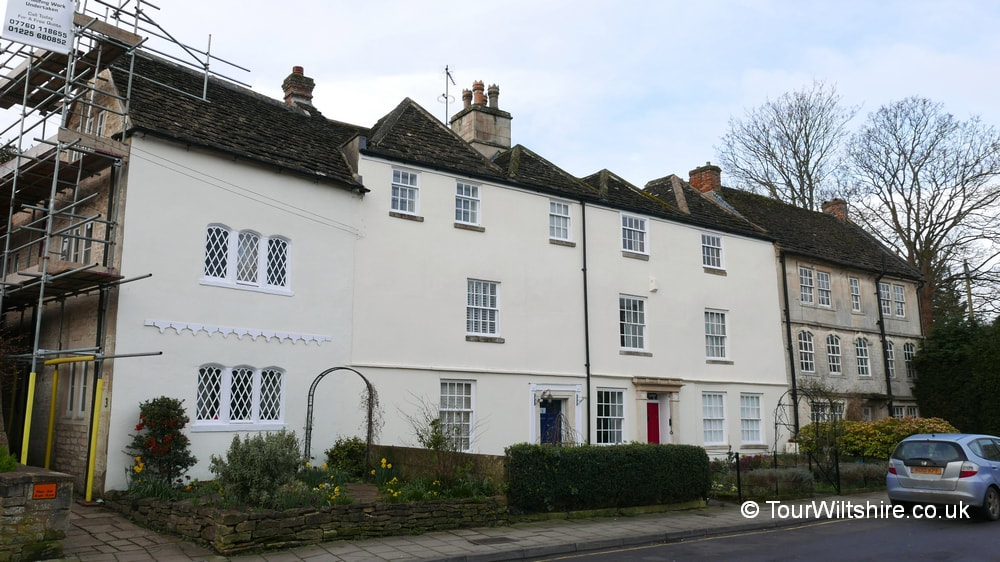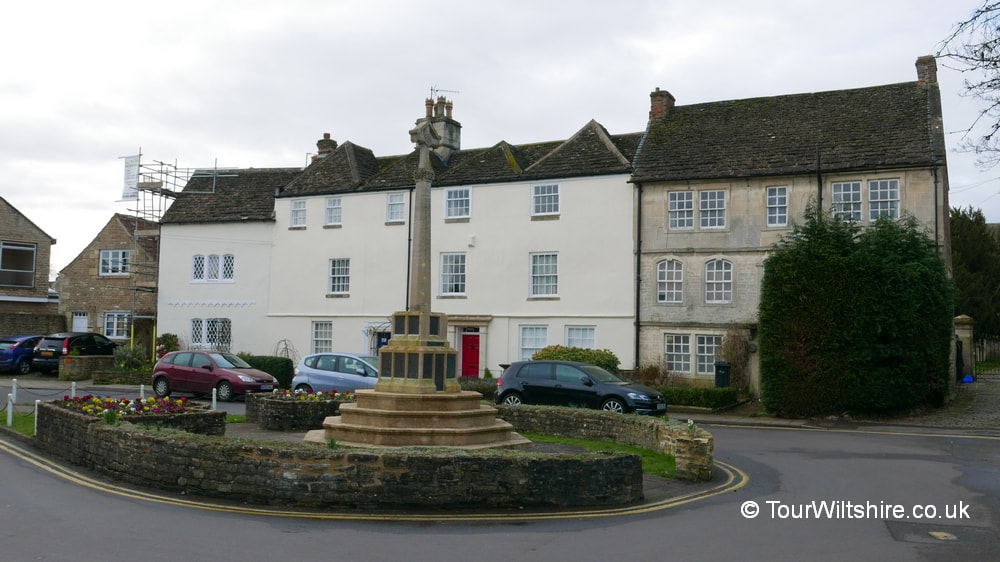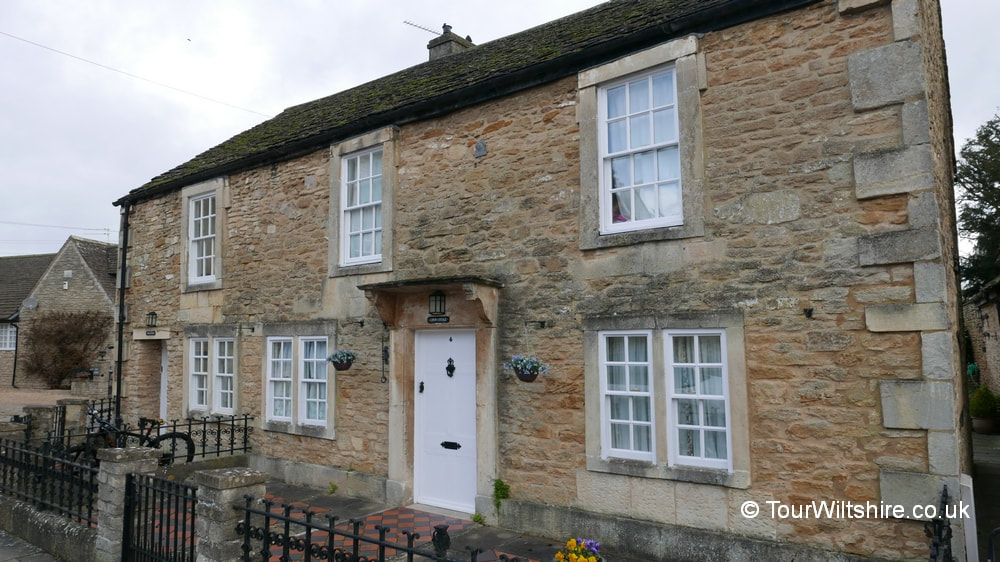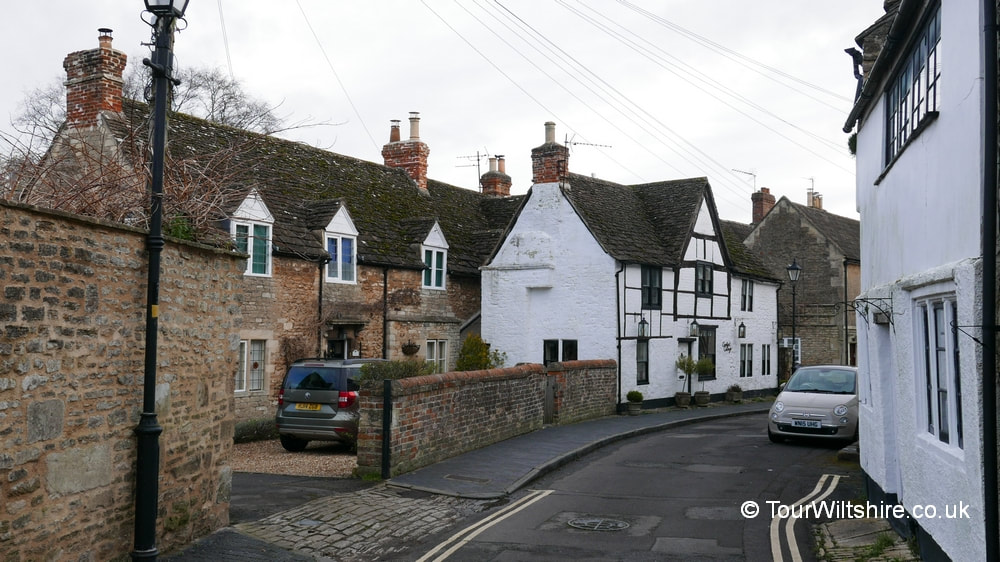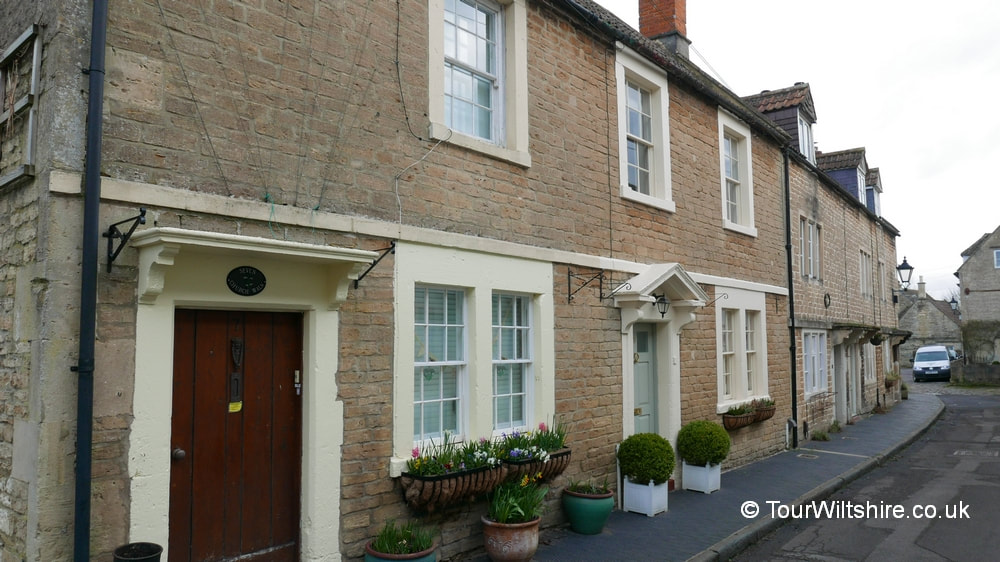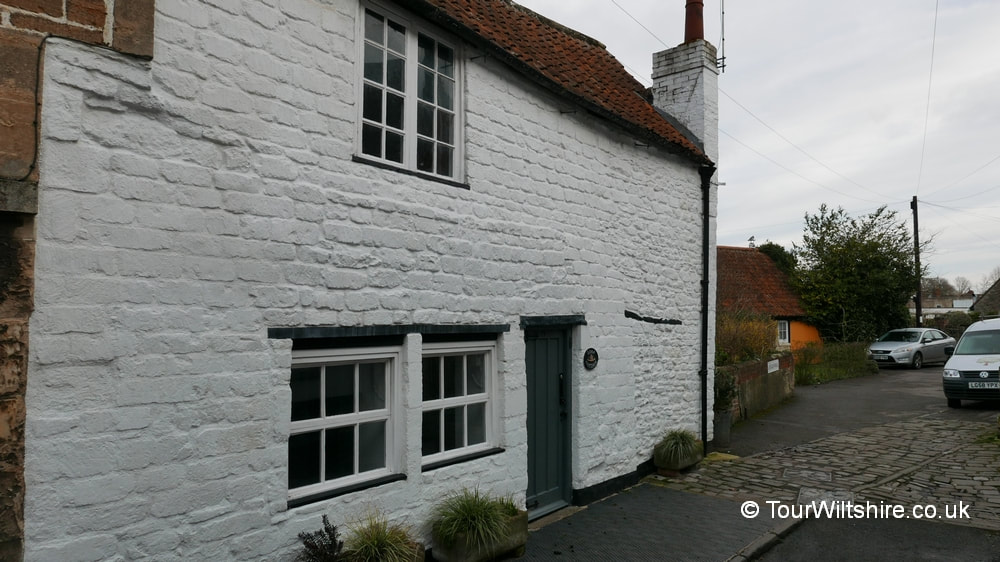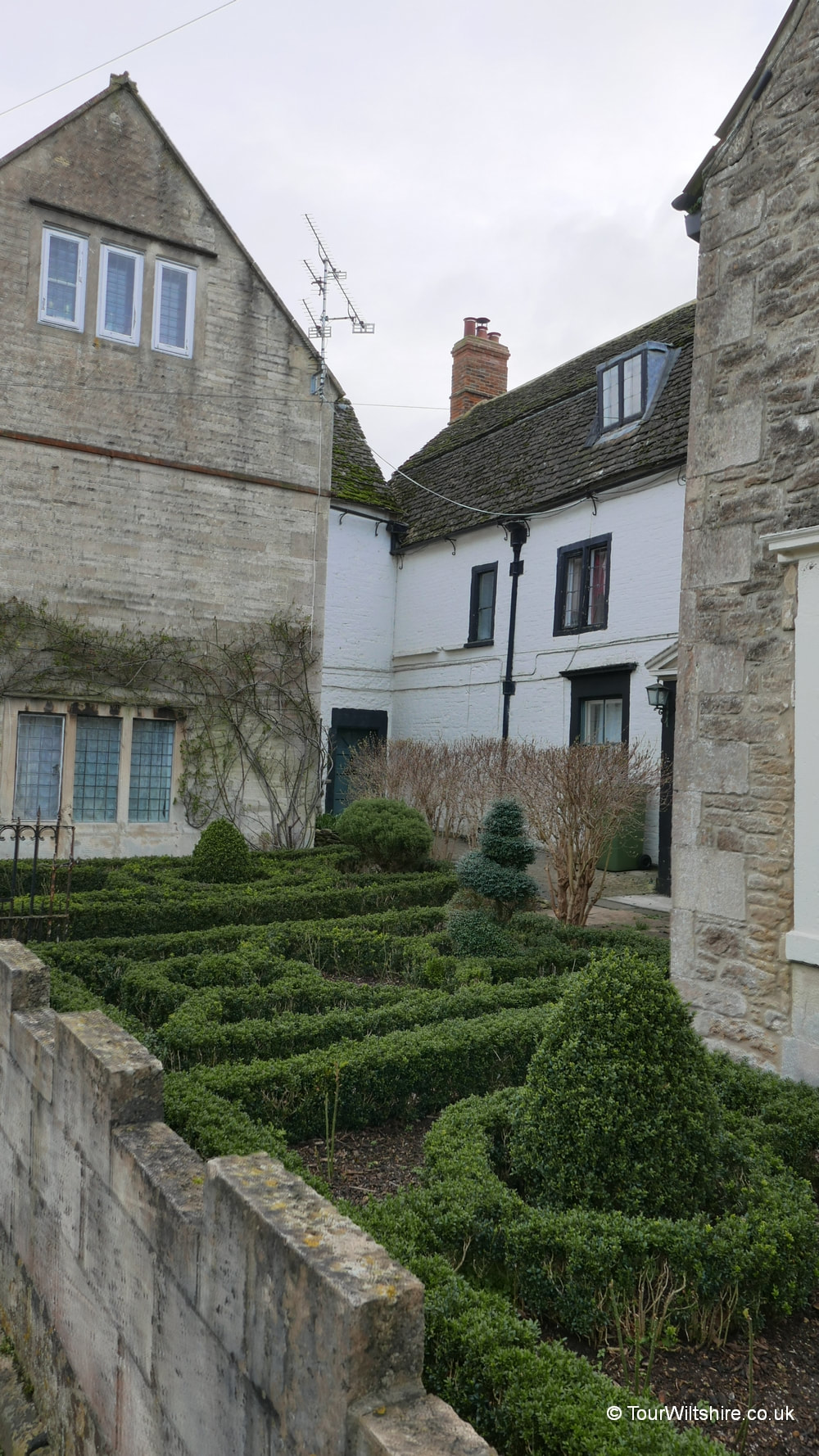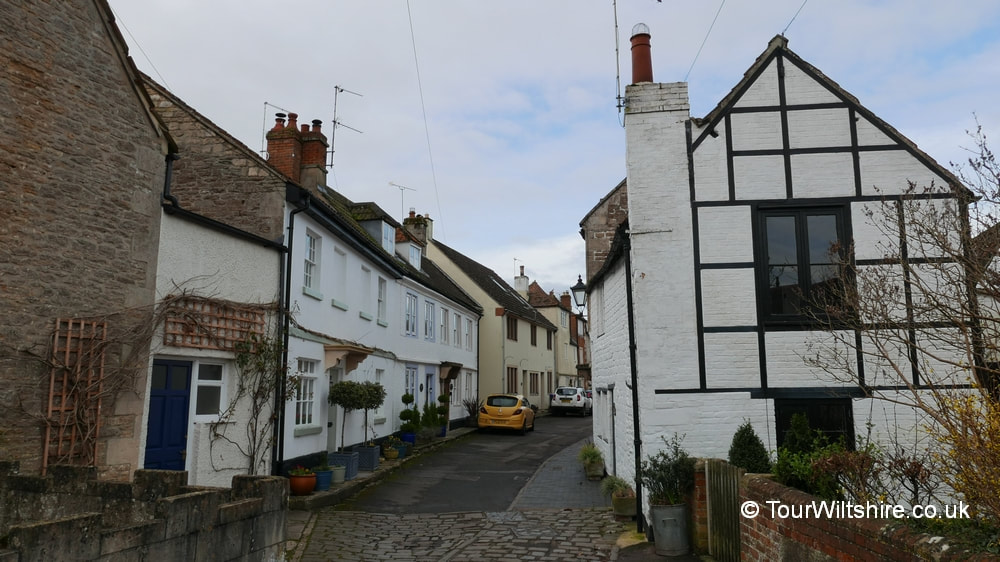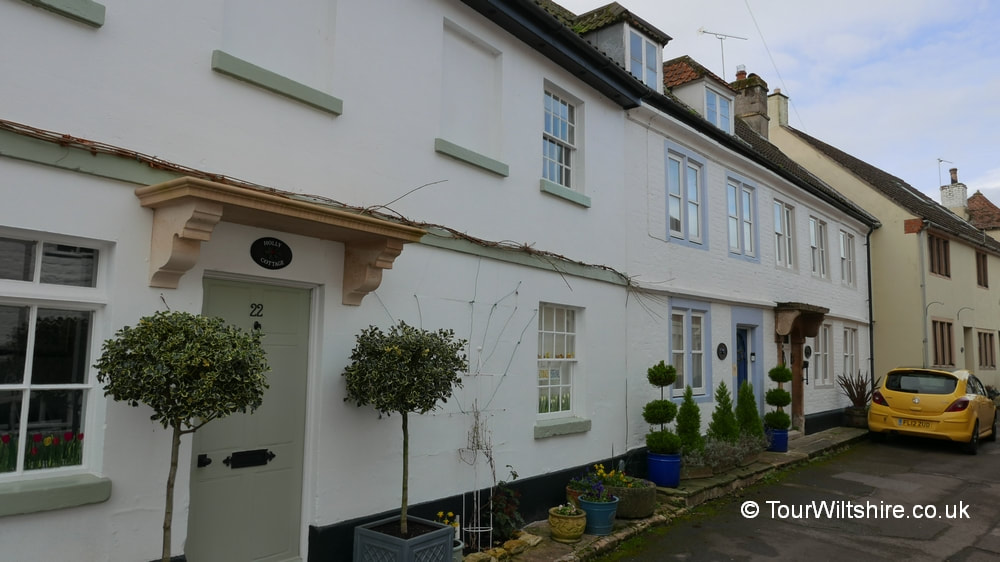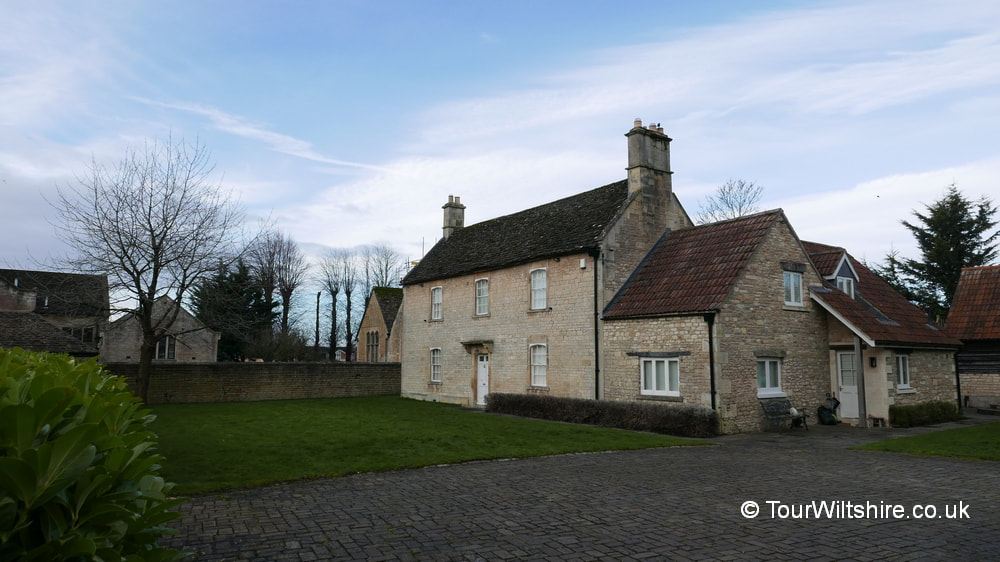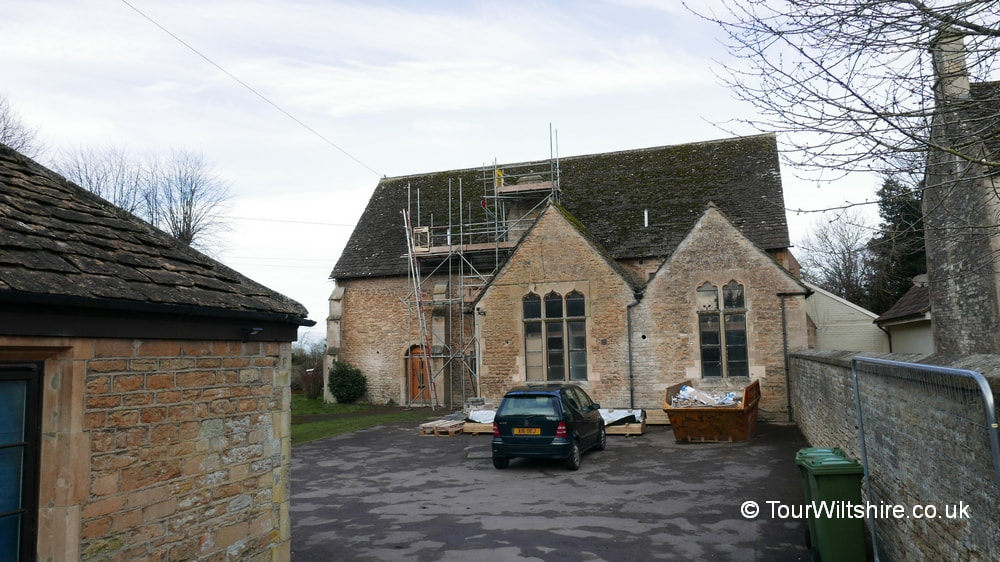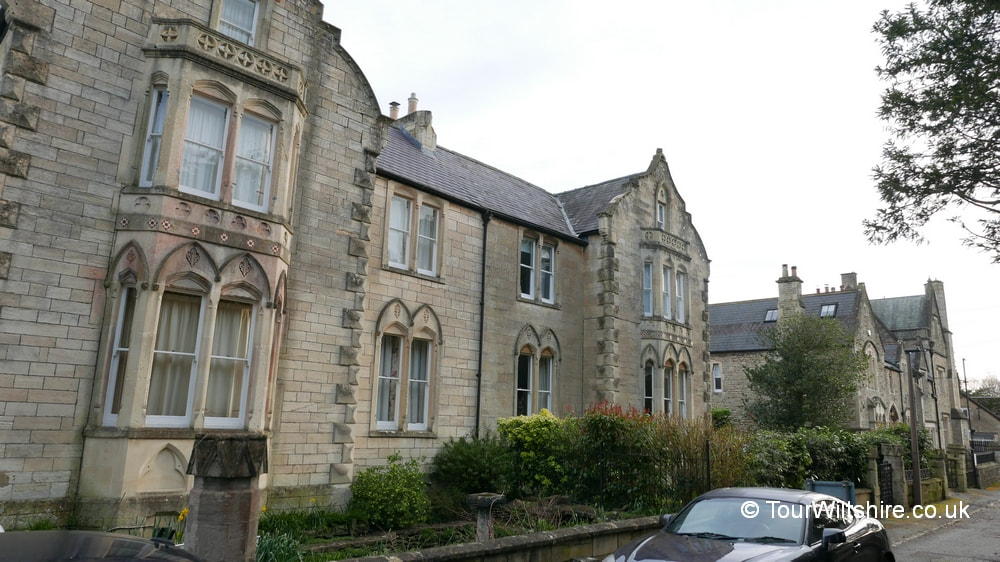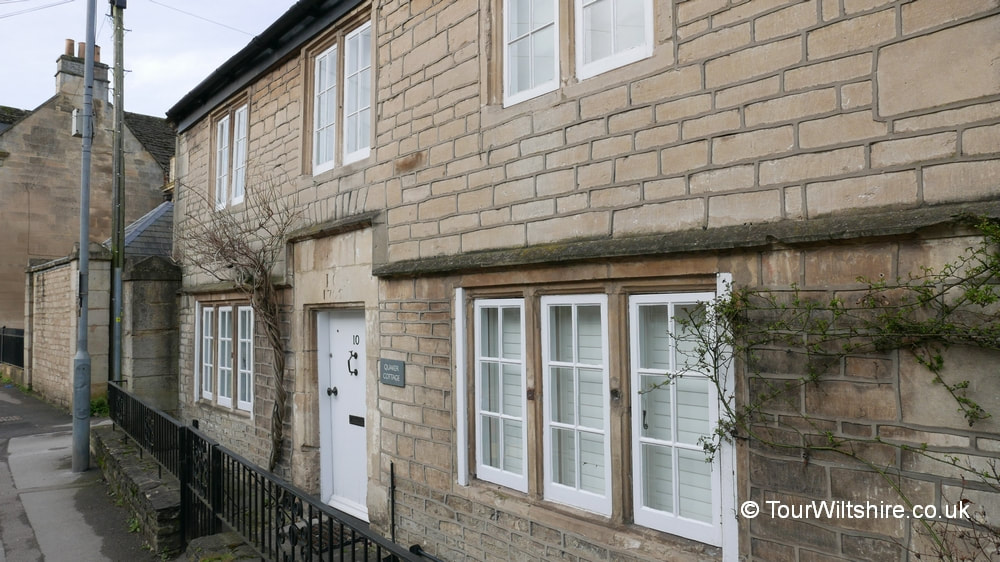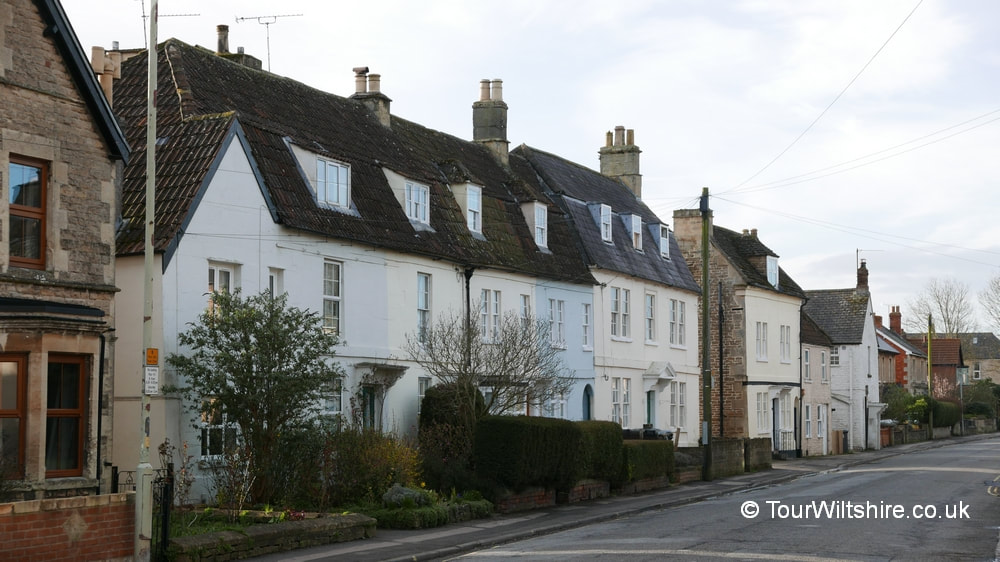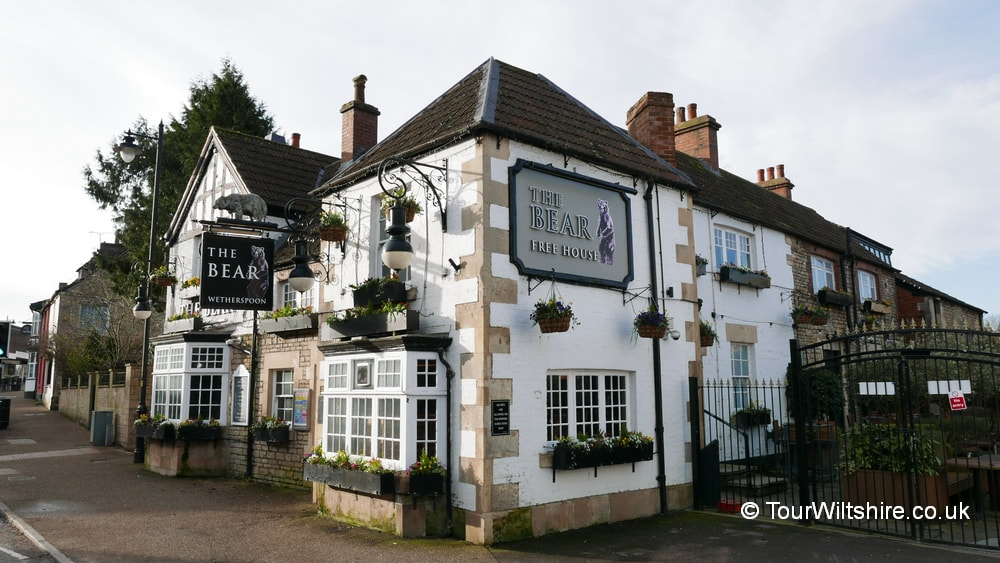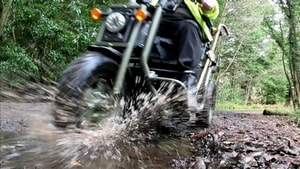Melksham, Wiltshire
Melksham is definitely on the up, the Market Place has had a makeover, the area around Canon Square and Church Walk offers some of the most attractive period properties in a town's conservation area anywhere in Wiltshire, and the multi-million pound Melksham Community Campus is due to open in the autumn of 2022. See photos below. Of course the retail fallout from online trading and the pandemic is a challenge, however Melksham is better placed than many towns to weather these storms with good anchor stores and places to eat. Anchor stores include Waitrose, Sainsburys, Asda, and Leekes, though the last two aren't quite in the centre. Interesting non-chain stores include Henry's Home and Cafe, and Grounded in the High Street.
If you are going for a walk around the town, as well as shopping, try starting in Church Street, then Canon Square, Church Walk (excellent Listed period properties to enjoy looking at) to Bank Street, High Street, Market Place, Place Road, around the Church of St Michael, and back into Canon Square/Church Street. It's all level and can be done by wheelchair.
For reviews of places to eat in Melksham click here.
If you are going for a walk around the town, as well as shopping, try starting in Church Street, then Canon Square, Church Walk (excellent Listed period properties to enjoy looking at) to Bank Street, High Street, Market Place, Place Road, around the Church of St Michael, and back into Canon Square/Church Street. It's all level and can be done by wheelchair.
For reviews of places to eat in Melksham click here.
Excerpts From The Wiltshire Council Timeline Of Melksham (scroll)
1500s to 1600 - Clothing industry at its peak in Melksham producing white undyed broadcloth
1555 - There are 2 fulling mills in the town
1614 - A parish constable in the town - the churchwardens pay his expenses; a poor house in existence
1650 - About this time weavers are producing medley broadcloth and trade improves
1738 - Local weavers riot and wreck the house and mills of clothier Henry Coulthurst during a wages dispute
1741 - The poor are to be employed on public works
1750 - By this time Fox's charity school is open - established by Rev. Bohun Fox who on his death in 1750 bequeaths £135 for educating and clothing poor children in the parish
1753 - Following turnpiking the road from London to Bath is re-routed through Melksham
1757 - Jacob Selfe bequeaths the interest on £100 for bread and meat at Christmas for 8 poor householders in Beanacre
1762 to 1790 - The Society of Cloth Workers and Others for the support of sick and infirm workmen meets at the King's Arms
1771 - A poor house with brew-house and bake-house is built in King Street
1790s - The Ark cloth factory is built
1791 - There are daily coach services to and from London and Bath
1793 - The large fulling mill is converted to a corn mill
1795 - Private subscription enables the footways to be paved
1803 - C. W. Maggs & Company, manufacturers of mats, rope and twine, founded at Spa Road
1809 - Melksham bridge is swept away by a flood and replaced with the present stone bridge
1810 - By this time the Wilts. & Berks Canal is open - raw materials are offloaded at Melksham and finished products collected
1826 - John Fowler, inventor of the steam plough, is born in Melksham
1850 - The Ark cloth factory is closed
1858 - Rachel Fowler founds and endows 5 almshouses
1865 - Hustings riots around the Bear Hotel
1875 - The last cloth factory is closed
1877 - Rachel Fowler gives New Hall in the Market Place to trustees as a reading room and accomodation for religious and philanthropic meetings
1880 - A piped water supply is provided by Trowbridge Water Company and a fountain is built in the market square in celebration
1912 - The Picture Hall (later named Maxime Cinema) opens in the High Streetp
1924 to 1925 - Electric light and power is supplied by the Western Electricity Distribution Corporation
1939 to 1945 - RAF camp either side of Berryfields Lane
1945 to 1965 - Melksham Urban District Council build over 1000 new houses to the east of the town
1953 - Shurnhold Secondary Modern school opens - it is the first new post-war secondary school in Wiltshire (later replaced by the George Ward School)
1970s - A ring road is built around the town
1555 - There are 2 fulling mills in the town
1614 - A parish constable in the town - the churchwardens pay his expenses; a poor house in existence
1650 - About this time weavers are producing medley broadcloth and trade improves
1738 - Local weavers riot and wreck the house and mills of clothier Henry Coulthurst during a wages dispute
1741 - The poor are to be employed on public works
1750 - By this time Fox's charity school is open - established by Rev. Bohun Fox who on his death in 1750 bequeaths £135 for educating and clothing poor children in the parish
1753 - Following turnpiking the road from London to Bath is re-routed through Melksham
1757 - Jacob Selfe bequeaths the interest on £100 for bread and meat at Christmas for 8 poor householders in Beanacre
1762 to 1790 - The Society of Cloth Workers and Others for the support of sick and infirm workmen meets at the King's Arms
1771 - A poor house with brew-house and bake-house is built in King Street
1790s - The Ark cloth factory is built
1791 - There are daily coach services to and from London and Bath
1793 - The large fulling mill is converted to a corn mill
1795 - Private subscription enables the footways to be paved
1803 - C. W. Maggs & Company, manufacturers of mats, rope and twine, founded at Spa Road
1809 - Melksham bridge is swept away by a flood and replaced with the present stone bridge
1810 - By this time the Wilts. & Berks Canal is open - raw materials are offloaded at Melksham and finished products collected
1826 - John Fowler, inventor of the steam plough, is born in Melksham
1850 - The Ark cloth factory is closed
1858 - Rachel Fowler founds and endows 5 almshouses
1865 - Hustings riots around the Bear Hotel
1875 - The last cloth factory is closed
1877 - Rachel Fowler gives New Hall in the Market Place to trustees as a reading room and accomodation for religious and philanthropic meetings
1880 - A piped water supply is provided by Trowbridge Water Company and a fountain is built in the market square in celebration
1912 - The Picture Hall (later named Maxime Cinema) opens in the High Streetp
1924 to 1925 - Electric light and power is supplied by the Western Electricity Distribution Corporation
1939 to 1945 - RAF camp either side of Berryfields Lane
1945 to 1965 - Melksham Urban District Council build over 1000 new houses to the east of the town
1953 - Shurnhold Secondary Modern school opens - it is the first new post-war secondary school in Wiltshire (later replaced by the George Ward School)
1970s - A ring road is built around the town
|
|

